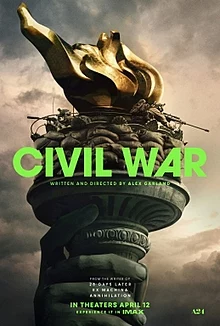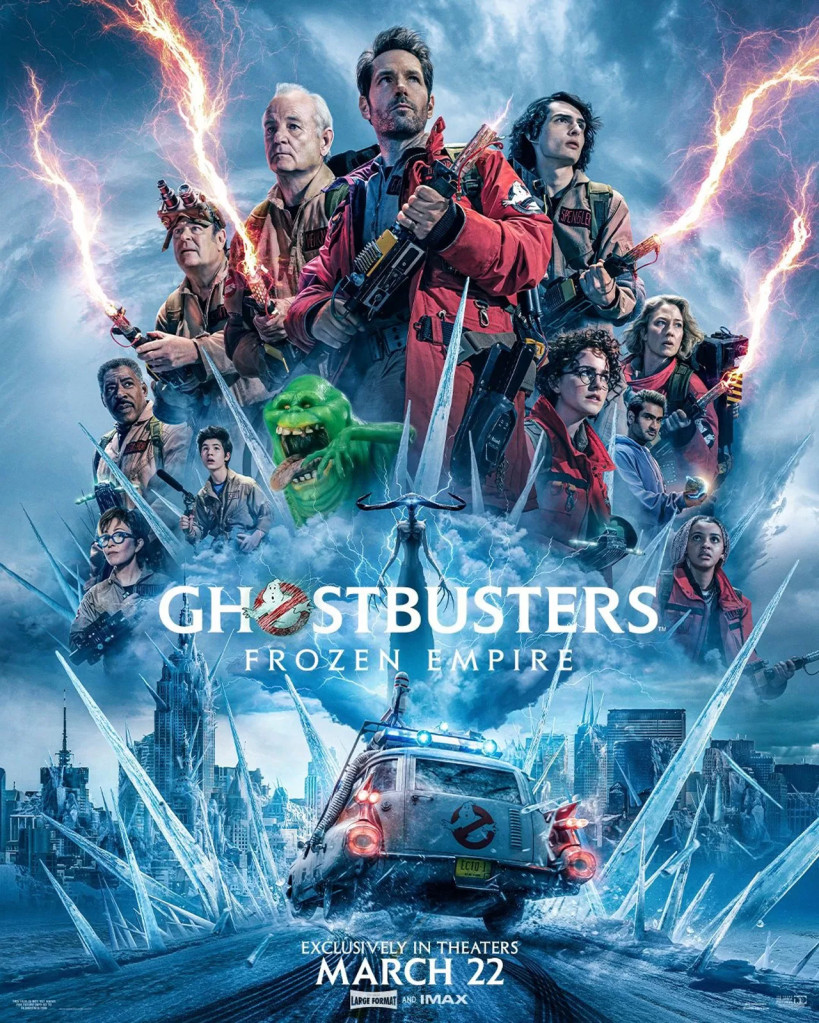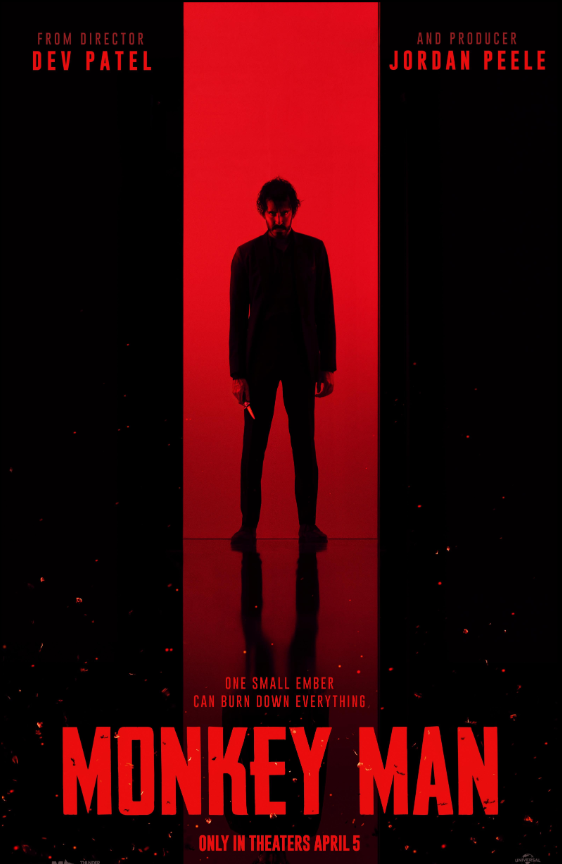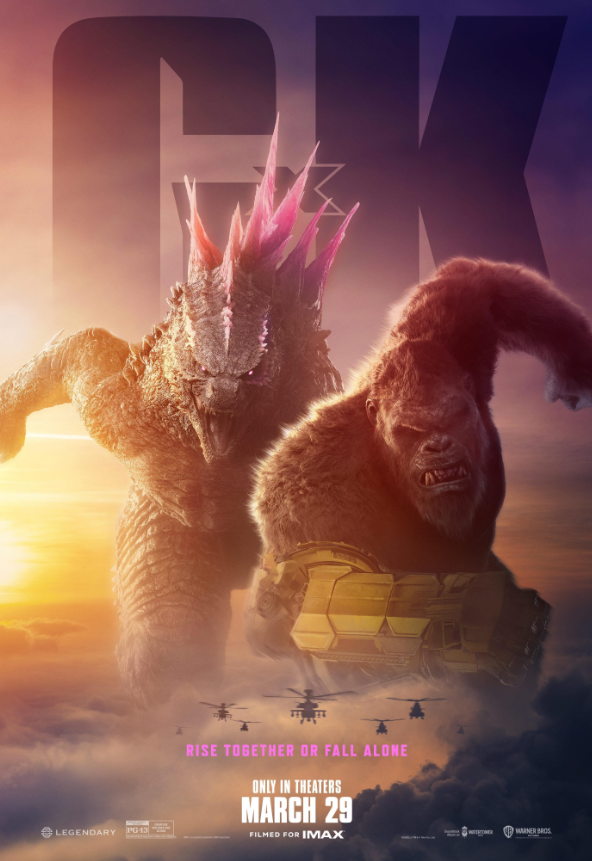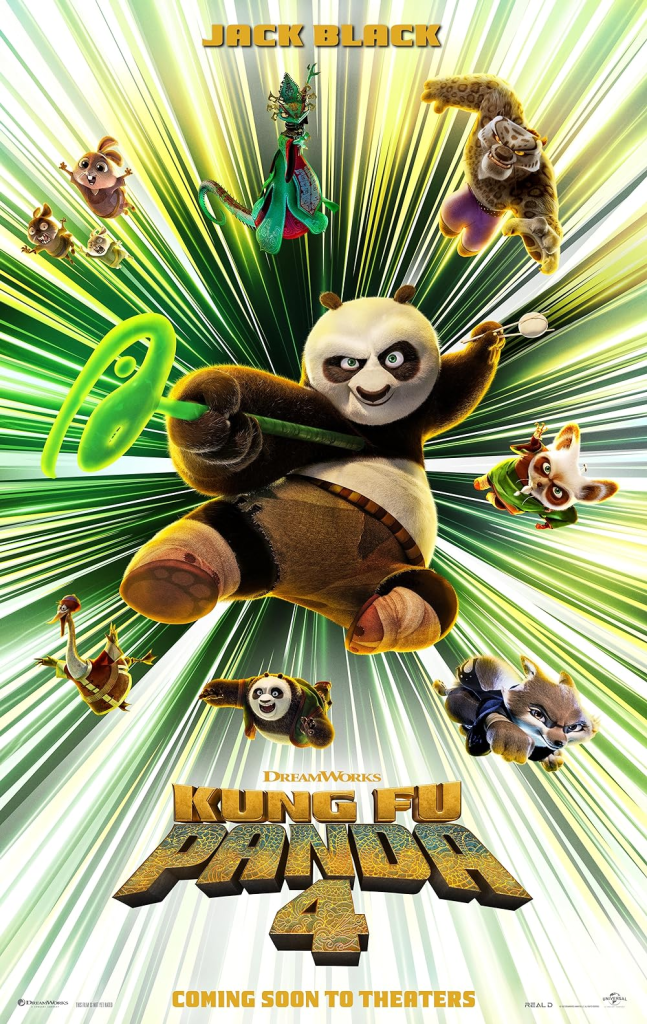
Set several generations in the future following Caesar’s reign, apes are the dominant species living harmoniously and humans have been regressed to a feral state. One young ape undertakes a harrowing journey that will cause him to question all that he has known about the past and to make choices that will define a future for apes and humans alike.
More Apes after the conclusion of the incredible Caesar trilogy with War for the Planet of the Apes sounded too cash-grabby and too soon. What was wise on the filmmakers’ behalf was to treat this installment not as a direct sequel or reboot, but a slight reset of sorts as we pick up 300 years later, focusing on the legacy of the apocalypse and Caesar’s leadership. Apes are no longer living in fear of humans, rather Earth has become their planet, which creates an intriguing new setting that still doesn’t quite undo the finality of the last film. Ever present is the amazing dedication to the visuals and world-building. The motion-capture technology used to transform the actors into chimps, and the performances themselves, are impressive and make you forget for the entire 2 hour and 25 minute runtime that you’re watching performers rather than real apes in this world. Though Andy Serkis as Caesar was an iconic leading character that’s impossible to top, Owen Teague gives a sympathetic performance as Noa who strongly takes us on this adventure in this new era for the planet. Peter Macon also stand out as the wise Raka, and Freya Allan is especially expressive in her deep performance as human character Mae, though the script missteps in where to take her path later on. Kevin Durand gives such a committed presence to the villainous and tyrannical Proximus, a more charismatic version of the manipulative and sadistic Koba from Dawn. Proximus’ dialogue and physicality dominates whatever else is in the screen and truly terrifies, and his objective is quite menacing as well. However, his motivations, compared to Koba (who many ranked as one of the 2010s’ best villains), leave less room for moral grey area and rather feel like “pure evil”; there’s no layer or nuance to the terror Proximus wants to inflict or how he got there, though I can’t complain as to how well Durand brings the character to life.
Kingdom is most interesting when focusing on the apes’ new ways and how Caesar’s legacy impacts the sects of apes in different ways. But gone is the intrigue of the human-ape conflict and its undertones for human nature, though the film doesn’t understand this and often dwells too much in conflicts that War had ended with such finality, instead of embracing its other themes as its strengths. There’s also a character played by a recognizable Oscar nominee who’s entire being there felt unnecessary and simply complicates the logic of the world building further. The film isn’t short on great action and visuals in this imaginative, lively, post-apocalyptic world. It’s just that when you have two practically perfect films in the franchise preceding it, as Matt Reeves helmed them, it’s harder for this film to escape that shadow especially when the last one ended so definitively and didn’t beg for any sort of ambiguity or continuation. Kingdom of the Planet of the Apes is an engaging ride that should probably be seen on a large screen, even when it stumbles in justifying its existence and polishing its character motivations. Not to mention, it may have just been to soon for this inevitable continuation to a perfect ending, and the film’s final minutes raise more unnecessary questions that undo what we just saw than exciting invitations for more.






